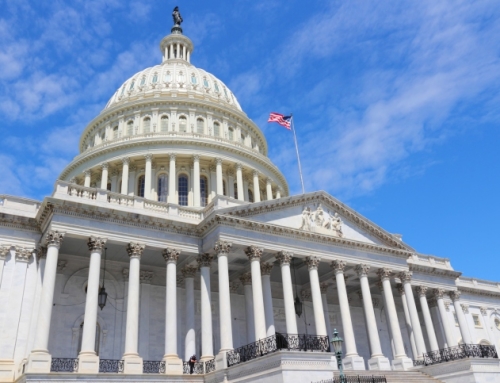US Citizenship and Immigration Services announced a Temporary Final Rule that increases the automatic extension period of employment authorization and documentation for certain Employment Authorization Documents (EADs) renewal applicants to 540 days from 180 days. The increase — which takes effect May 4 and will last for 18 months — will provide time for the agency to address a backlog, help noncitizens with pending EAD renewal applications avoid gaps in employment and stabilize the continuity of operations for US employers, according to the agency.
“As USCIS works to address pending EAD caseloads, the agency has determined that the current 180-day automatic extension for employment authorization is currently insufficient,” said USCIS Director Ur M. Jaddou. “This temporary rule will provide those noncitizens otherwise eligible for the automatic extension an opportunity to maintain employment and provide critical support for their families, while avoiding further disruption for US employers.”
The timeframe will allow USCIS to address staffing shortages, implement additional efficiencies and meet Jaddou’s goal of achieving a three-month cycle time for EAD applications (generally comparable to a median three-month processing time) by the end of fiscal year 2023. Beginning Oct. 27, 2023, automatic extensions of employment authorization and EAD validity will revert to the up to 180-day period for those eligible applicants who timely file Form I-765 renewal applications.
USCIS has been in a precarious financial situation that has impaired the efficient completion of caseloads for several years, according to the agency. These challenges were exacerbated by the Covid-19 pandemic in 2020 as well as a hiring freeze and furlough threat leading to workforce attrition and severely reduced capacity. In addition, there was a “sudden and dramatic increase” in EAD initial and renewal filings in 2021, before USCIS could recover from these fiscal and operational impacts.
The agency says the move will give it time to implement several of the other changes it has set up to curtail delays, onboard additional staff and increase processing efficiency.
Multiple class actions have been filed against USCIS in recent years over the processing delays. Asylum seekers, spouses of high-skilled workers, and foreign students pursuing Optional Practical Training have all brought class actions over processing times for the work documents, Bloomberg Law reported.
“Many companies with staffing issues have let good workers go simply because of these significant processing backlogs, exacerbating their workforce problems,” Bloomberg Law quoted Jon Baselice, VP of immigration policy at the US Chamber of Commerce, as saying. “This policy will help companies meet their workforce needs by not only preventing similar business disruptions in the near future, but it will also allow companies to bring critical talent back onto their payrolls.”









